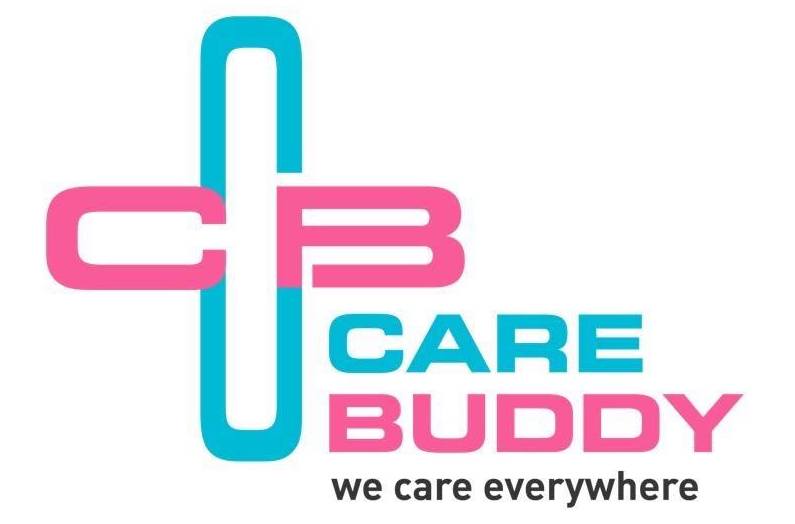Proctology is the branch of medicine that deals with diseases related to gastro-intestinal tract, rectum, and anus.
These days, surgeons who deal with these disorders are also called colorectal surgeons or colon and rectal surgeons.
Proctology
Get Appointment

Piles

Anal Fissure

Anal Fistula

Pilonidal Sinus
Proctology Surgery in Indore
Proctology is the branch of medicine which is aimed at diagnosing and treating diseases that generally occur in the lower part of the alimentary canal. These regions include the sigmoid flexure, rectum, and anus. The alimentary canal traverses a digestive path from the mouth to the anus. This includes the esophagus, stomach, intestine, intestine (colon), rectum, and anus. While a proctologist specifically focuses on the lower aspects of the alimentary canal, remember that some practitioners also are trained and qualified to work on the remainder of the alimentary canal.
What Does a Proctologist Do?
Proctologists are medical specialists who have completed years of sub-specialty training and practice in surgery and colonoscopy. They concentrate on the surgical management of all things involving the sigmoid flexure, rectum, and anus, including:
- hemorrhoids
- Incontinence
- Rectal disorders
- Anal fissures
- Colon and rectal cancer
In addition to surgical correction of medical disorders, proctologists use their expertise to also concentrate on rejuvenation techniques. These techniques can aid in restoring parts of the alimentary canal that have lost their grip, so for instance, proctologists can use surgical techniques to assist tighten the anal sphincter in cases of leakage or incontinence. They can also assist in alleviating pelvic floor laxity like a rectocele. This happens when the rectal lining presses against the vagina, creating discomfort and potentially causing fistulas or other problematic and distressing symptoms.
When Should You Consider Visiting a Proctologist?
While these specially-trained physicians treat a good sort of illnesses within the alimentary canal, most patients don’t always know when a visit to a proctologist could be warranted. However, there are many reasons for patients of any age to get treatment from a proctologist. Many of the disorders that proctologist treats are identified during regular check-ups with a medical care provider. They constantly evaluate your laboratory and clinical data to catch any potential problems early in their course.
Some of the foremost common disorders which your medical care provider may refer you to a proctologist include:
- Anal leakage or discharge
- Rectal bleeding
- Lump found around the anus
- Change in bowel habits
- Changes in bowel characteristics like color or consistency
- Red, swollen area on the buttocks like an abscess
- Increasing age
What sorts of procedures do Proctologists do?
Colorectal surgeons are qualified to conduct a good range of diagnostic tests and surgical techniques on patients with colorectal cancer. The following are the operations that they are doing regularly:
Anoscopy – This method aids in the identification of anomalies within the anus and rectum.
Colonoscopy – An endoscopic colonoscopy may be a procedure during which a specialist examines the entire colon and tests for colorectal cancer. Polyps can also be removed by them.
Endorectal ultrasound – This is often an imaging test that will aid in the diagnosis of colorectal cancer.
Proctoscopy – An examination of the rectum and anus is performed, therefore removing polyps and collecting tissue for biopsies.
Sigmoidoscopy – Once you have this operation, your doctor will check the rock bottom section of your colon, mentioned because of the sigmoid flexure.
Surgeons that concentrate on colorectal surgery are educated during various surgical procedures, including laparoscopic surgery and robotic surgery, among others. They’ll also provide nonsurgical therapy for a spread of conditions.
What to Expect from a proctologist?
Proctologists concentrate on a specific area of the body that’s associated with hemorrhoids. A proctologist not only treats hemorrhoids but also many other conditions. Any disorder, problems, or check-up associated with the rectum, anus, or colon is handled by a proctologist. Various diseases and conditions associated with rectal, colon, and anal areas of the body are treated by these. they’re well educated, and medical professionals are trained. In some special cases, they work alongside the opposite doctors. Proctologists sometimes work with urologists that are specialists in handling tract and urogenital problems. Sometimes, proctologists work with obstetricians and gynecologists that handle problems associated with women’s tissue and feminine genitalia. Usually, medical issues like constipation, and mild or moderate hemorrhoids are often treated by a general practitioner. Just in case the symptoms persist and last for several days, then it’s better to connect with a proctologist.
The first thing once you visit a proctologist is to explain the symptoms that you simply are experiencing, symptoms such as blood within the stools, pain within the anal area, and rectal bleeding should be described to the proctologist. The diagnosis and therefore the treatment will depend upon the knowledge provided by the patient. The test kit is employed to supply the stool sample to the proctologist. The stool sample is employed to see for any blood traces within the stools. If the diagnosis is confirmed, the proctologist will start the treatment for the prevailing condition.
A person expected to visit a proctologist may feel reasonless and unwarranted fear. Firstly, the doctor takes a medical record of the patient through an in-depth conversation, only after this, the doctor conducts the particular examination. People older than 40 years can visit a proctologist a minimum of once every two years. People at a younger age can visit in case of any complaints.
The patient is asked to lie on his side for the examination. This side position is the same for men and ladies. A special anesthetic gel is applied by the doctor so that the examination is often painless. This is often called video rectoromanoscopy. With this method of inspection, the patient doesn’t experience any pain. and therefore, the inspection during a good proctologist center should get completed within half an hour. After the examination, once the disease is defined, the diagnosis and treatment are often conducted by an equivalent proctologist.
